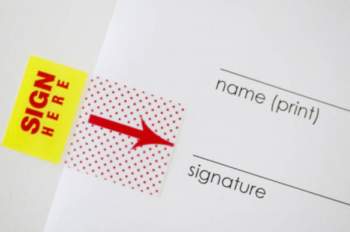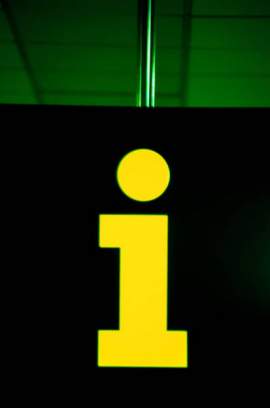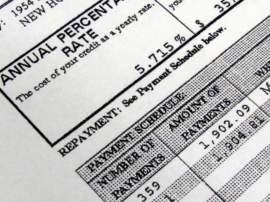
Secondary Signature Liability Defined

Secondary Signature Liability
There are three conditions for drawers or endorsers to be made to pay for a given negotiable instrument under secondary liability, all of which must be met for the secondarily liable party to be required to pay.
The first requirement is that the instrument must have been presented for payment in a proper and timely fashion. If the instrument was not presented for payment from an acceptor or issuer according to the basic rules of negotiable instruments, then the secondary liability of drawers and endorsers cannot come into play.
The second requirement is that the negotiable instrument must have been dishonored by the primarily liable party. This means, specifically, that the primarily liable party failed to pay for the instrument in accordance with the rules of dishonoring a negotiable instrument as listed in the Uniform Commercial Code.
Secondary liability, though undesirable from the point of view of drawers or endorsers, is important from the point of view of holders of negotiable instruments. For such a holder, if the primarily liable party dishonors the instrument, then it would be difficult to obtain restitution for that instrument were it not for secondary liability.
Drawers and endorsers are subject to secondary liability to ensure that, in the event of some kind of fraudulent action, there will still be parties held accountable for paying the negotiable instrument.
Of course, there are methods of protection for drawers and endorsers as well in the case of fraudulent action in which those drawers or endorsers may not have been involved. Furthermore, there are ways for drawers or endorsers to ensure that any secondary liability they might have in the instrument is null and void.
By implementing a qualified endorsement, using the terms "without recourse" in the endorsement, endorsers might protect themselves from secondary liability, instead transferring that secondary liability to the next appropriate party.
NEXT: A Quick Overview of Business Management





















